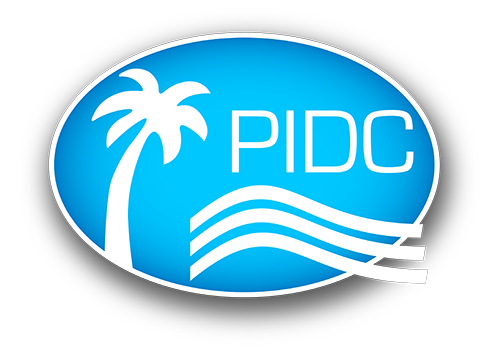Irregular People Movement, People Smuggling, and Human Trafficking
The Pacific faces complex challenges regarding the movement of people. While some seek better opportunities through regular migration channels, others resort to irregular means. It’s crucial to distinguish between irregular migration, people smuggling, and human trafficking to develop effective responses that protect the vulnerable and uphold human rights.
Irregular People Movement:
This refers to movement that doesn’t comply with all immigration regulations. People might use irregular channels due to a lack of official options, political instability, or economic hardship. While risky, it can be a desperate attempt to reach a safer or more prosperous future.
People Smuggling:
This is a criminal activity where people are facilitated across borders illegally. Smugglers typically charge a fee and may use dangerous routes or methods. However, there’s generally a consensual agreement between the smuggler and the person being smuggled.
Human Trafficking:
This is a far more serious crime. It involves the exploitation of people, forcing them into labor, sexual servitude, or organ removal. Trafficking victims are deceived, coerced, or threatened, and their basic human rights are violated.
The Pacific Context:
While the Pacific experiences less human trafficking compared to other regions, vigilance is necessary. Irregular migration and people smuggling can create situations where people become vulnerable to trafficking. Understanding the root causes of irregular movement is essential to address the issue comprehensively.
The Pacific Immigration Development Community Can:
- Advocate for safe and legal migration channels, including for refugees and asylum seekers.
- Support programs that address the root causes of irregular movement, like poverty and conflict.
- Raise awareness about human trafficking and how to identify and report it.
- Collaborate with governments and regional organizations to develop effective counter-trafficking strategies.
By working together, we can build a Pacific where people can move freely and safely, with their rights protected.
Additional Resources:
- United Nations Office on Drugs and Crime (UNODC): [UNODC human trafficking ON United Nations unodc.org]
- International Labour Organization (ILO): [ILO on trafficking in persons]
